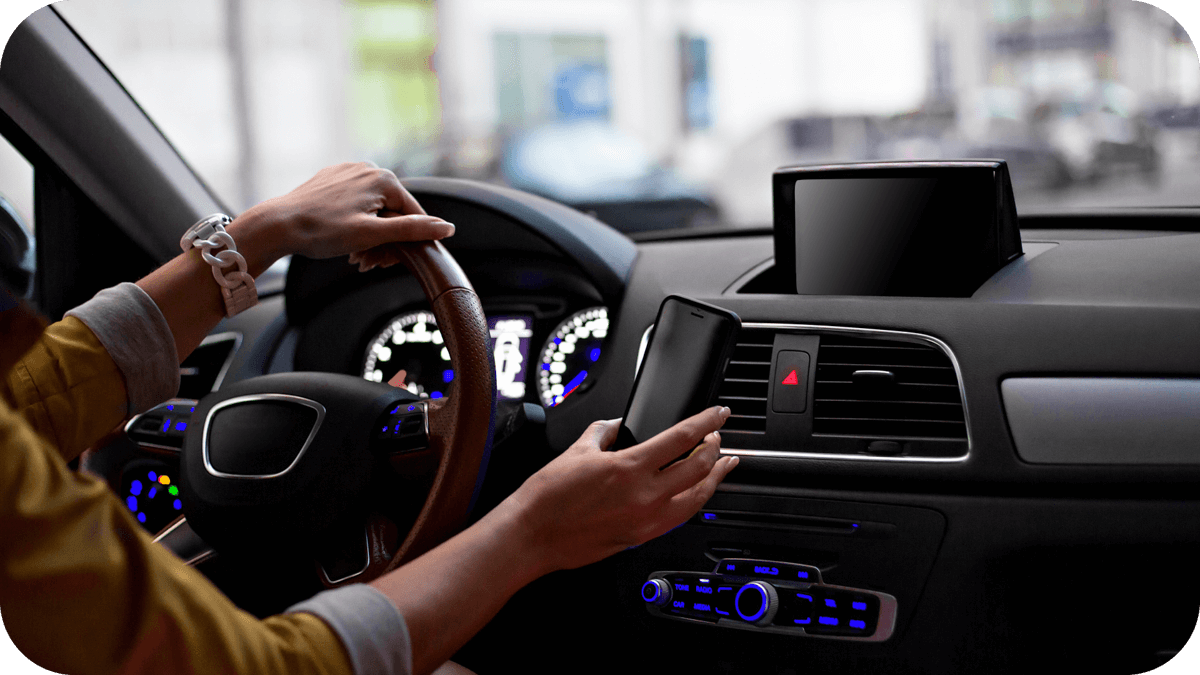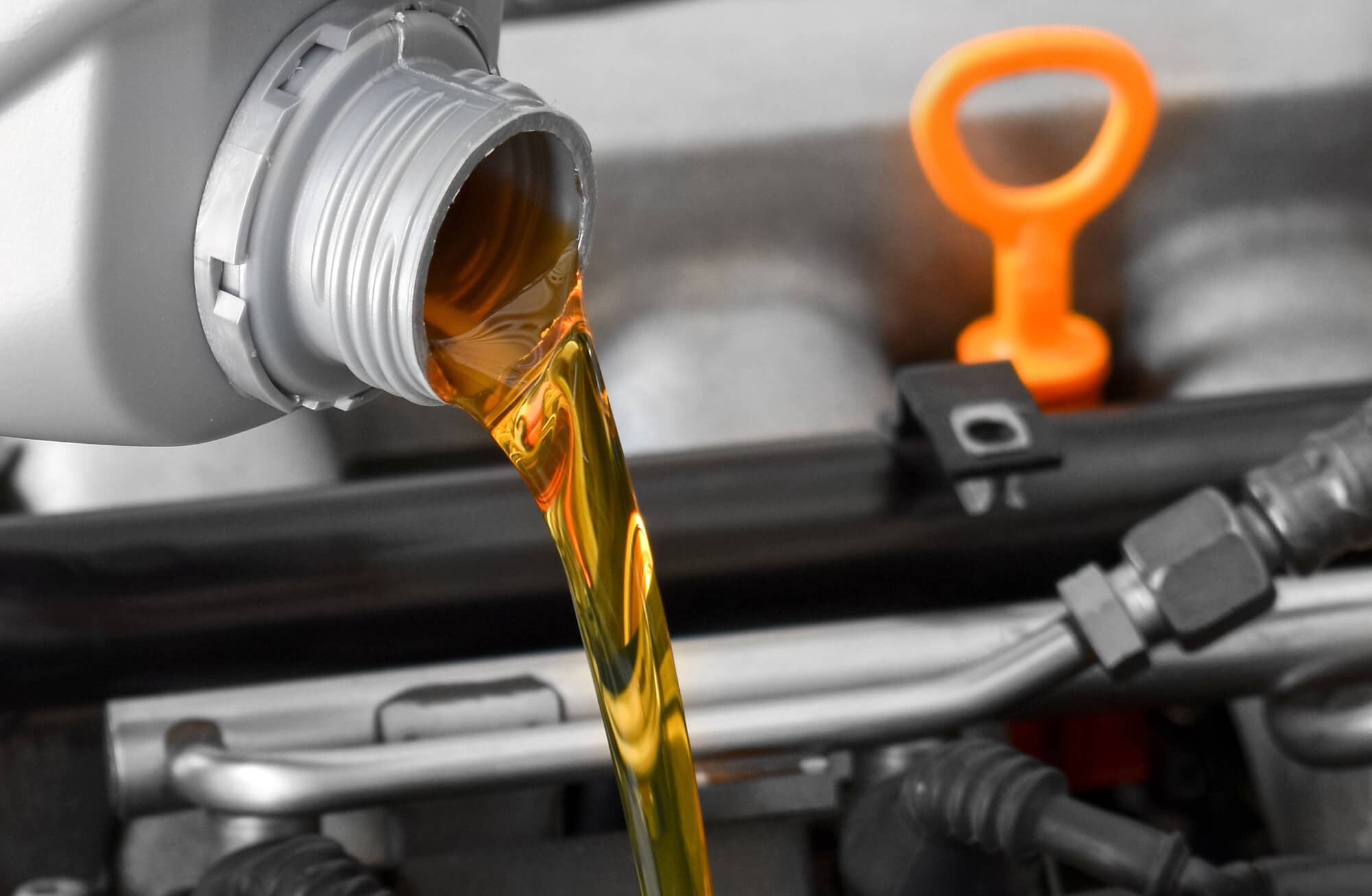Imagine you’ve just bought a sleek new car, eager to hit the road and show it off. You decide to accessorize, opting for a trendy phone holder that ends up falling off mid-drive or flashy seat covers that don’t quite fit. Frustrating, right? Choosing the wrong car accessories isn’t just an inconvenience – it can make your driving experience uncomfortable or even unsafe.
Selecting the right car accessories is essential not only for improving the appearance of your vehicle but also for enhancing its functionality and safety. Whether you’re looking to add a touch of personality to your car or make your daily commute more convenient, the choices you make can have a significant impact. This article will guide you through the key considerations when choosing car accessories: focusing on style, functionality, and compatibility.
Understanding Your Needs
Assess Your Vehicle
Before diving into the vast world of car accessories, start by assessing your vehicle. The make, model, and year of your car play a crucial role in determining which accessories will fit and function properly. For example, floor mats designed for a compact sedan might not cover the space adequately in an SUV, and roof racks for a hatchback won’t fit a convertible.
Next, take a close look at your car’s interior. The color scheme, materials, and overall design influence how well an accessory blends in with the aesthetics of your vehicle. A minimalist, tech-inspired dashboard setup, for instance, might not pair well with bold, brightly colored gadgets.
Identify Your Priorities
Once you’ve assessed your vehicle, think about why you want specific accessories. Are you prioritizing protection? Look into seat covers, dash mats, or weatherproof floor liners to shield your car from wear and tear. Are you seeking convenience? Accessories like cup holders, trunk organizers, or Bluetooth adapters might be what you need.
Your lifestyle and driving habits also play a critical role. For long road trips, items such as phone mounts, GPS systems, or ergonomic cushions can make a world of difference. On the other hand, urban drivers might benefit more from parking sensors, dash cams, or foldable bike racks.
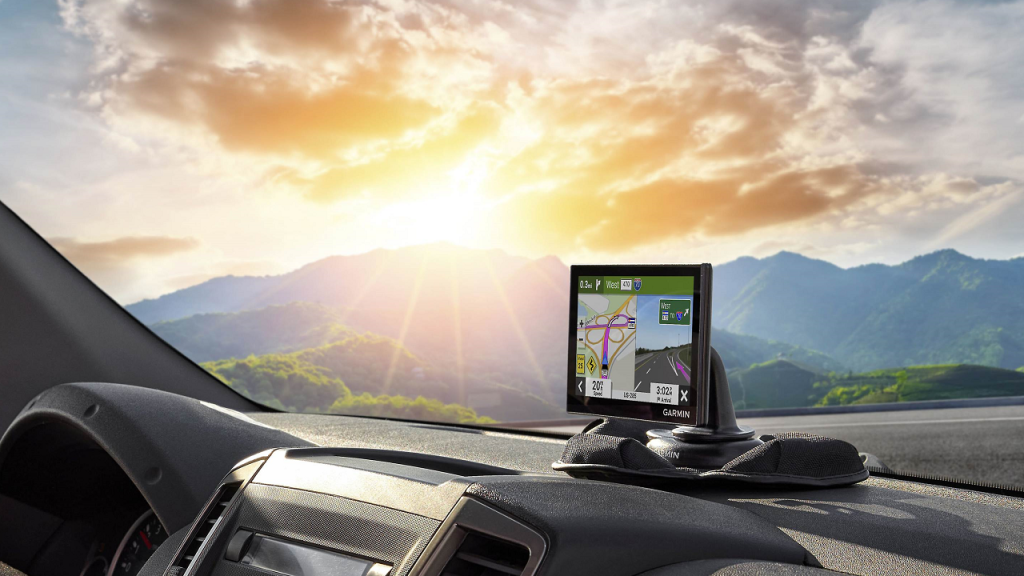
Key Factors to Consider
Style
Color and Material
Choose colors that harmonize with your car’s interior for a seamless look. Whether it’s neutral tones like black or gray for a classic vibe or vibrant hues for a bold statement, the right color enhances your car’s personality. The material is just as important—leather offers a premium feel, fabric provides a cozy touch, and rubber is practical and easy to clean.
Design
Accessories should reflect your personal style. If you prefer a minimalist look, opt for sleek, understated designs. For a more daring aesthetic, consider bold patterns or eye-catching finishes. However, ensure that the design doesn’t compromise visibility or interfere with your car’s functionality—for example, avoid bulky dashboard accessories that obstruct your view.
Functionality
Performance
Accessories must perform their intended function effectively. A phone mount should securely hold your device, allow for easy adjustments, and stay stable during bumpy rides. Similarly, car organizers should have compartments that are both spacious and accessible.
Durability
Invest in high-quality accessories that can withstand the demands of regular use. Outdoor items like roof racks or bike carriers should be weather-resistant, while interior accessories, such as floor mats, should be made from materials that resist wear and tear.
Ease of Use
Practicality often lies in simplicity. Look for accessories with intuitive designs, straightforward installation processes, and user-friendly features. For instance, a car charger with multiple ports and LED indicators is both functional and convenient.
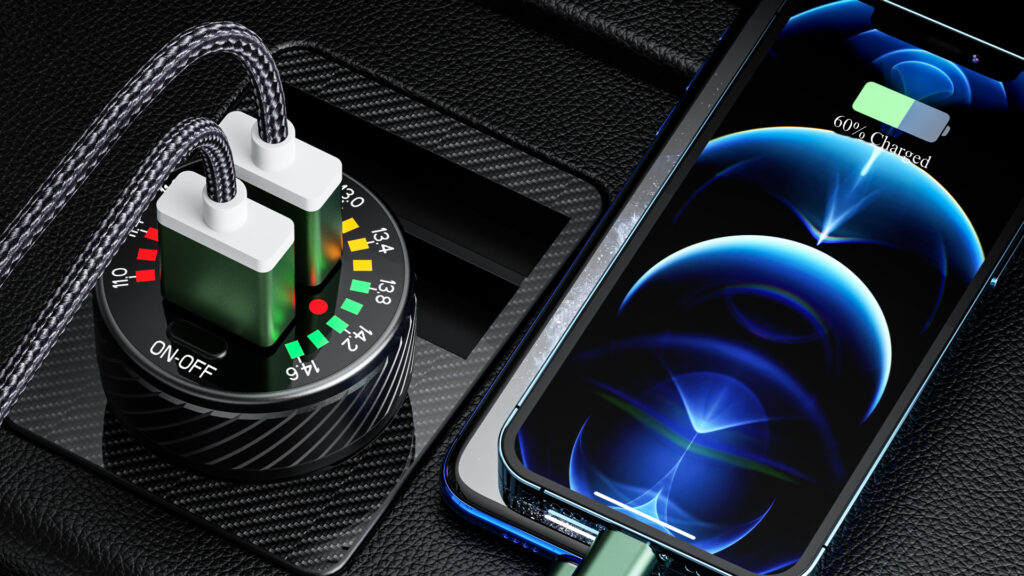
Compatibility
Ensuring compatibility can save you from unnecessary headaches down the line.
Vehicle Fit
Accessories designed specifically for your car model are ideal, as they provide precise fits and maximum utility. For example, custom-fit floor mats align perfectly with the contours of your car, unlike generic mats that may shift or leave areas exposed.
Device Compatibility
For tech accessories like phone mounts or chargers, verify that they support your device’s size and features. A phone mount with an adjustable clamp and a charging port that matches your device ensures hassle-free use.
Popular Car Accessories and Buying Tips
A. Floor Mats
- Material: Choose between rubber for durability, carpet for comfort, or all-weather mats for versatility.
- Fit: Custom-fit mats provide better coverage and stability than universal options.
- Features: Look for anti-slip backing, water resistance, and ease of cleaning.
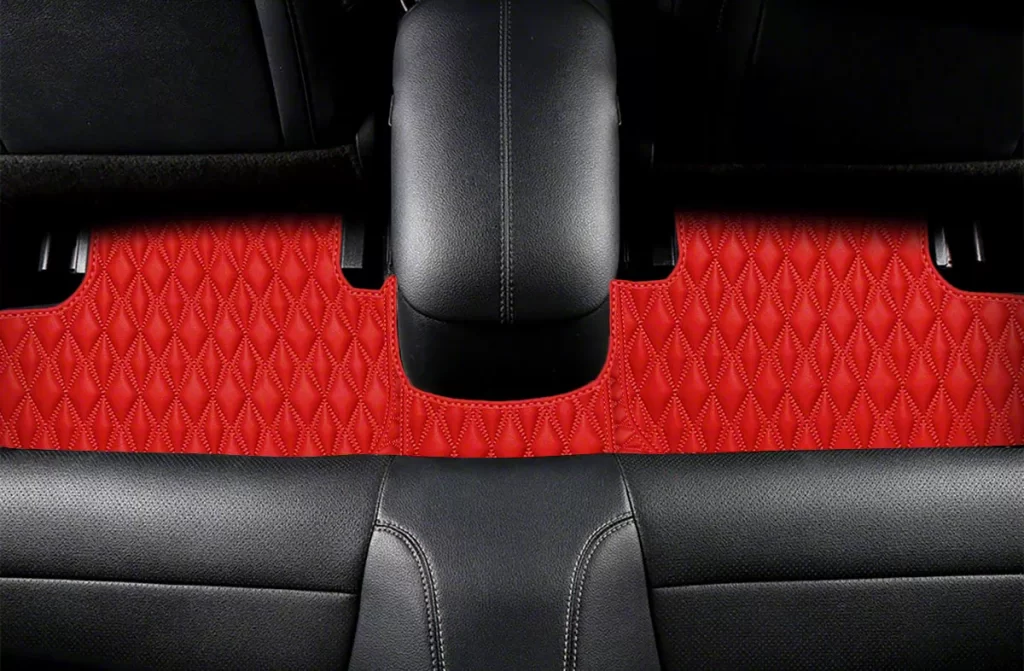
B. Seat Covers
- Material: Leather adds a premium feel, fabric is breathable and comfortable, and neoprene offers waterproof protection.
- Fit: Custom-fit covers ensure a snug and tailored look, while universal options provide budget-friendly versatility.
- Features: Focus on protection, comfort, and an added touch of style.
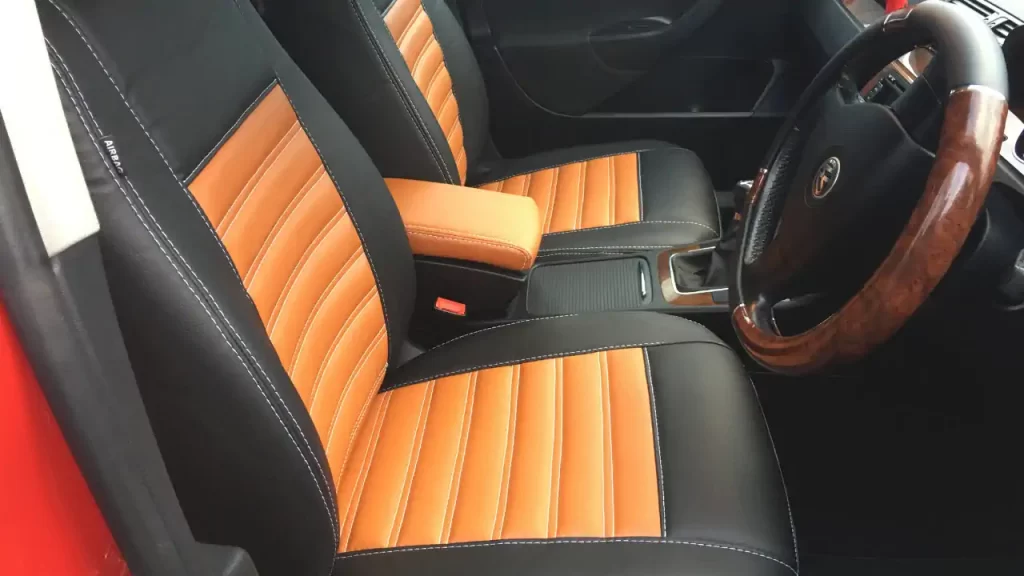
C. Phone Mounts
- Mounting Type: Choose from dashboard, windshield, or air vent mounts based on your preference and driving habits.
- Orientation: Opt for mounts that allow both portrait and landscape modes.
- Features: Prioritize a secure grip, one-handed operation, and optional charging capabilities.
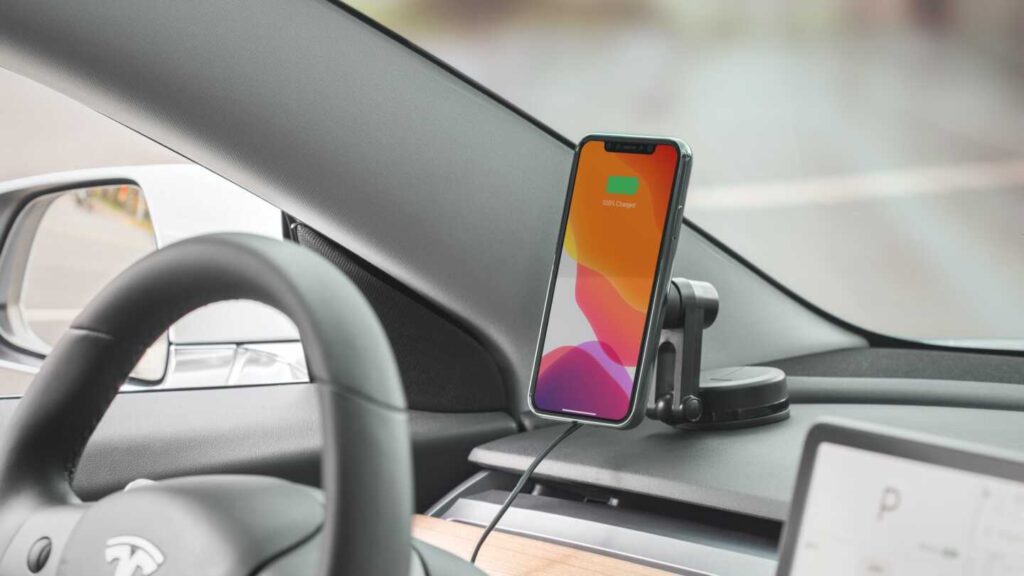
D. Other Accessories
- Steering Wheel Covers: Add grip and style while protecting the wheel.
- Car Organizers: Keep your interior tidy with compartments for various items.
- Car Chargers: Ensure fast and efficient charging with multiple ports.
- Air Fresheners: Enhance your driving experience with pleasant scents.
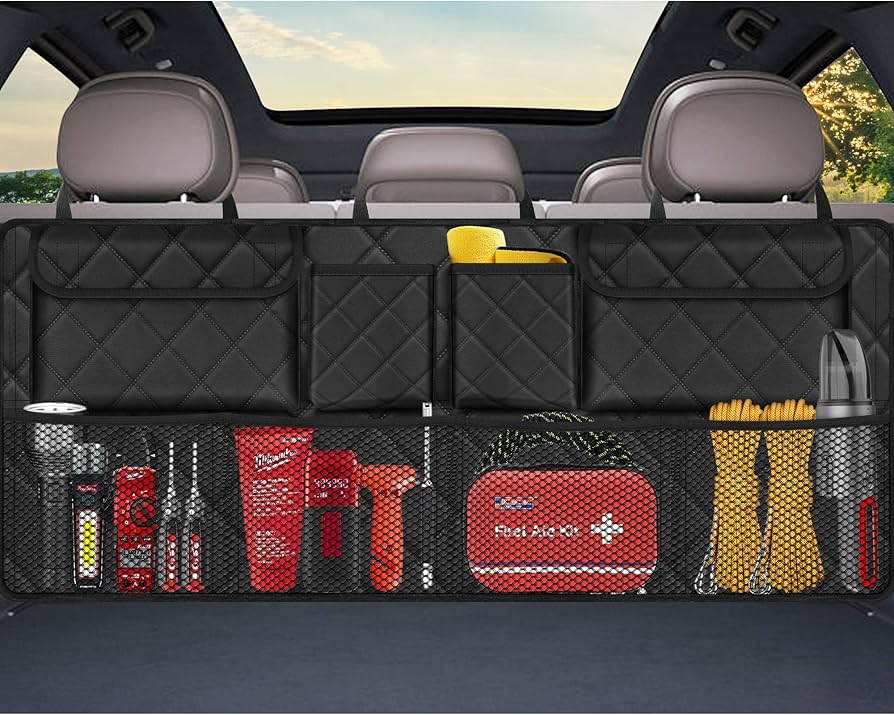
Additional Tips
When it comes to choosing the perfect car accessories, a little extra effort can go a long way in ensuring you make informed and cost-effective decisions. Here are some additional tips to guide you:
Read Reviews and Compare Prices
In today’s digital age, there’s no excuse for skipping research. Start by reading reviews from other car owners to get honest feedback about the accessories you’re considering. Look for details about durability, ease of use, and compatibility. Websites, forums, and video demonstrations can offer valuable insights into real-world performance.
Additionally, compare prices across different brands and retailers. While it’s tempting to grab the first deal you find, shopping around can uncover hidden gems or better bargains. Just be cautious of deals that seem too good to be true—they might indicate lower quality or counterfeit products.
Set a Budget and Prioritize Essentials
It’s easy to get carried away with flashy accessories and end up overspending. To avoid this, set a clear budget and focus on what’s truly necessary for your vehicle. Start by listing essential accessories, such as seat covers, phone mounts, or safety tools like jumper cables. Once you’ve secured the basics, you can allocate the remaining funds to optional upgrades like aesthetic enhancements or tech gadgets.
Remember, high quality doesn’t always mean expensive. Many mid-range options strike a great balance between price and performance.
Consider DIY Installation
For those who enjoy a bit of hands-on work, installing car accessories yourself can be a rewarding way to save money. Many accessories, like phone holders, sunshades, or simple organizers, are designed for quick, tool-free installation. Even items like seat covers or steering wheel wraps come with step-by-step instructions to make the process easy.
Before starting, ensure you have the right tools and understand the steps involved. DIY installation not only saves money but also gives you a sense of accomplishment and control over your car’s setup.
Seek Professional Help for Complex Installations
While some accessories are beginner-friendly, others require technical expertise. For example, installing advanced sound systems, backup cameras, or undercarriage lighting might involve wiring, drilling, or working with your car’s electronic systems. In these cases, professional help is essential to ensure everything is installed safely and correctly.
Attempting complex installations without the right knowledge or tools can lead to damage, void warranties, or even compromise safety features. Spending a bit more on professional installation can save you from costly mistakes in the long run.

Conclusion
Choosing the right car accessories involves a balance of style, functionality, and compatibility. By carefully considering your vehicle’s needs, your personal preferences, and the practical aspects of each accessory, you can enhance both the look and functionality of your car.
Next time you shop for car accessories, prioritize those that align with your aesthetic, meet your practical needs, and fit your car perfectly. Small investments in the right accessories can transform your driving experience, making every journey safer, more comfortable, and uniquely yours.
